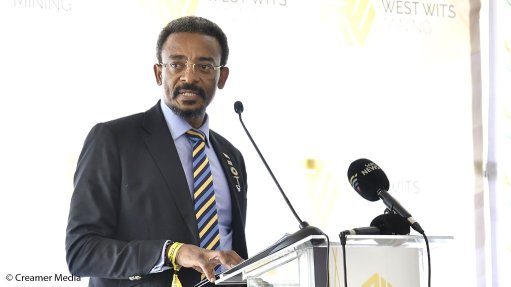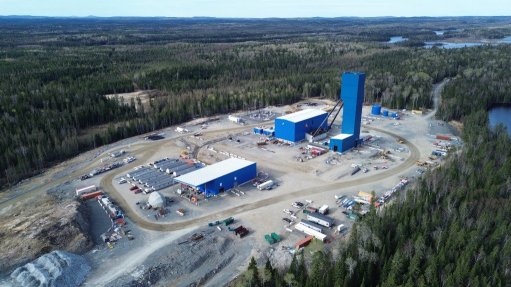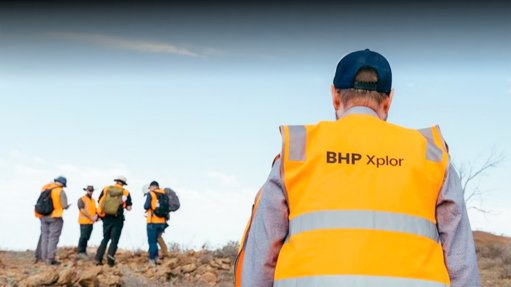Uncertainty persists over key mining Bill clauses as Mantashe publishes erratum

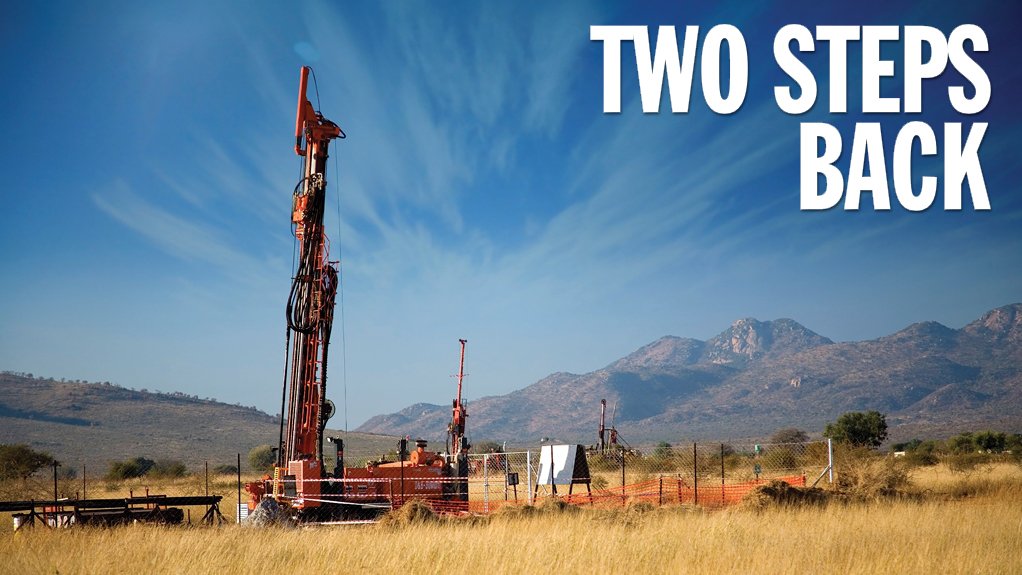
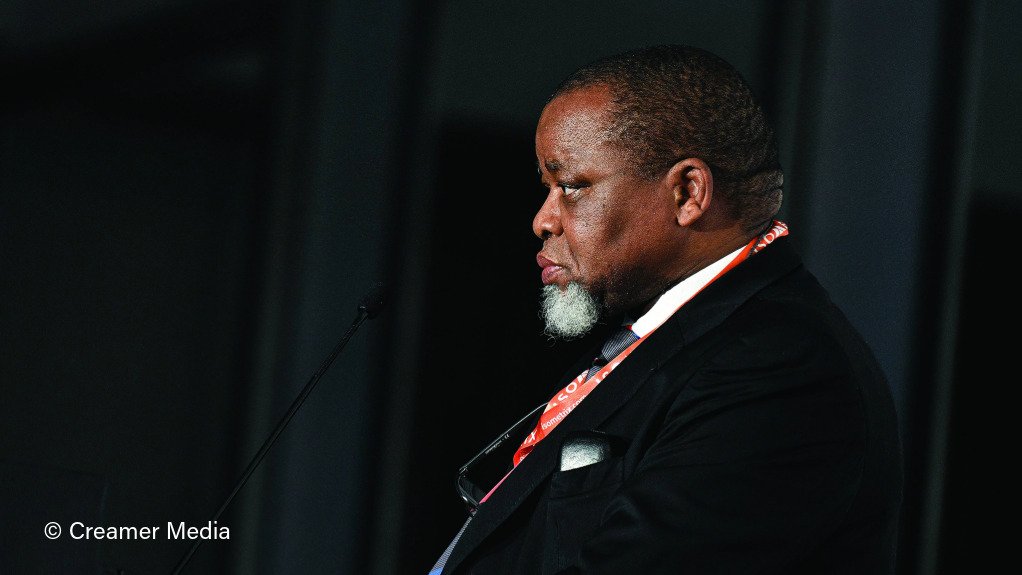
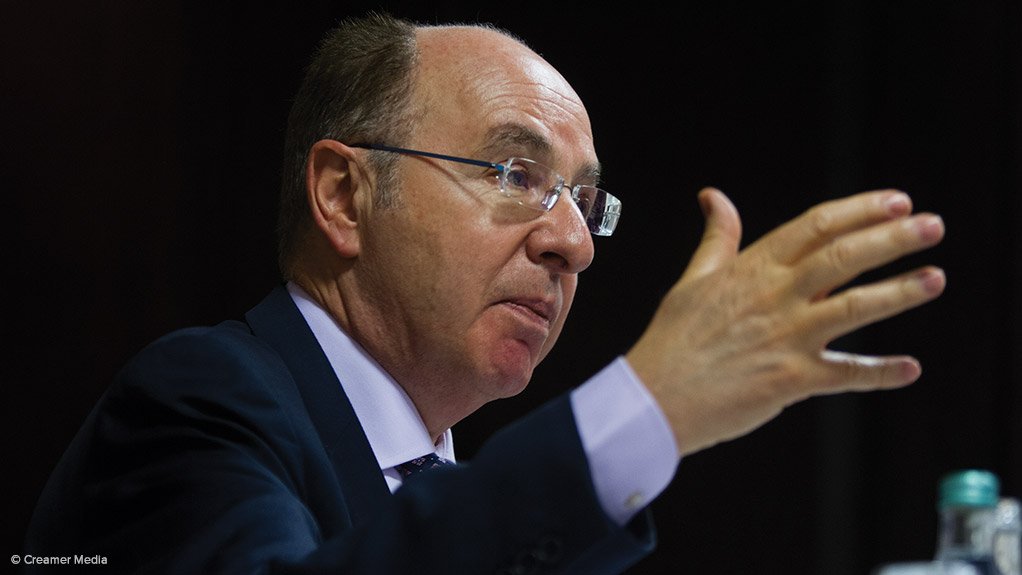


GWEDE MANTASHE Questions have been raised about the Mineral and Petroleum Resources Minister's familiarity with his own Bill
Photo by Creamer Media
PETER LEON The new Bill is impractical, vague and legally risky
Photo by Creamer Media
PAUL DUNNE The new Bill fails to provide the policy certainty needed to attract investment and create jobs
Photo by Creamer Media
MZILA MTHENJANE The inputs from the Minerals Council were not included in the Bill
The latest version of the Mineral Resources Development Bill of 2025, released for public comment on May 20, is unlikely to meet its objectives and may instead prolong regulatory uncertainty, according to law firm Herbert Smith Freehills partner Peter Leon.
Speaking during a webinar hosted by the law firm last month, Leon noted that the Bill, in its original form, appeared to resurrect two of the most problematic themes from the withdrawn 2013 MPRDA Amendment Bill – the beneficiation and transformation mandates – along with other contentious issues.
These concerns are likely to persist notwithstanding a June 9 publication of a Gazette notice by Mineral and Petroleum Resources Minister Gwede Mantashe that included an erratum to the original Bill.
The erratum effectively removes a contentious requirement for Ministerial consent on changes of control in listed companies, and eliminates the controversial empowerment clause relating to prospecting rights.
“The Department of Mineral and Petroleum Resources (DMPR) is mindful that a stable legal framework is essential to attract and retain investments, foster inclusive economic growth and sustainable resource development, and the Bill seeks to align mining legislation with evolving policies, economic conditions and global shifts, while ensuring that it reflects current industry needs and government priorities,” Mantashe said upon the Bill’s release.
However, despite the June 9 changes to the Bill, many commentators and industry stakeholders maintain that the Bill does the precise opposite of Mantashe’s stated goals.
"The Bill in its current form [still] does not encourage or sustain the growth and investment that the mining industry needs to realise its full potential to create employment, stimulate the economy and fulfill its social mandate," the Minerals Council said on June 11 after Mantashe's adjustments were published.
Leon described the Bill as impractical, vague and legally risky, suggesting the DMPR might be concealing controversial directives, which could trigger protracted litigation.
Minerals Council South Africa CEO Mzila Mthenjane said on May 27 that the Bill ignored the organisation’s contributions during prior consultations: “The draft Bill is not altogether optimal. We did have engagements with the [DMPR], but we cannot see where our inputs were taken into consideration.”
Newly elected Minerals Council president Paul Dunne, also Northam Platinum CEO, echoed these concerns during the Minerals Council’s AGM on May 28, saying the Bill failed to provide the policy certainty needed to attract investment and create jobs.
“When we examine the Bill, we ask ourselves two questions: does it contribute to an improved investment climate and is it employment positive? Our considered answer is no, it does not, and [it] shall not go unchallenged.”
Some have gone so far as to accuse the Bill of allowing for the indirect expropriation of mining assets.
One of the most contentious requirements in the original version of the Bill – that listed and unlisted mining companies alike must obtain ministerial consent for any change of control – raised alarm among legal experts and industry stakeholders, as the provision could significantly clash with the regulatory frameworks of stock exchanges in South Africa and beyond, particularly where public companies must comply with strict timelines, disclosure requirements and shareholder rights protocols.
Requiring political approval for changes in control, especially after the fact or without clear criteria, would have introduced a level of uncertainty and potential delay that may have deterred institutional investors and undermined corporate governance norms.
This clause, which has now been amended, would have constituted extraterritorial overreach, especially in the case of multinational companies with parent entities or shareholders based outside South Africa, according to commentators.
By asserting control over transactions that may occur in foreign jurisdictions, the DMPR would have risked infringing upon the sovereignty of those legal systems and violating reciprocal trade and investment treaties.
Such overreach may have not only invited diplomatic tensions, which have already been stretched to breaking point with the likes of the US, but would have also rendered South African mining assets even less attractive to global investors who want predictable, transparent and jurisdictionally confined legal frameworks when making high-risk capital allocations.
Despite the welcomed erratum, however, the draft Bill still appears to advocate for broadening the range of transactions that will require Mantashe’s direct consent. For unlisted companies, the Bill retains the need for ministerial approval for any significant changes in shareholding.
Transformation Tangle
A central controversy involves the unclear transformation obligations. Mining industry stakeholders were particularly concerned about the Bill's original inclusion of transformation requirements in exploration.
Mthenjane highlighted Mantashe’s repeated public claims that prospecting firms would be exempt from the empowerment rules imposed on mining-right holders. It is not clear why this exemption was not originally applied to the Bill.
Likewise, ahead of the erratum, Leon argued that reintroducing black economic empowerment (BEE) obligations would be very concerning, because prospecting was, by its very nature, a highly uncertain exercise. It’s also very capital intensive, and to impose black empowerment requirements on prospecting rights makes no economic sense whatsoever.
Regarding broader transformation mandates, however, Mantashe was unyielding: “[We] are not going to remove provisions for BEE in the Act. Once you . . . get into production, we want you to have a BEE partner.”
He also admonished the Minerals Council not to “make subtle threats”, and told the organisation “to prepare for legal challenges” if it continued to do so.
Currently, the Bill aligns BEE definitions with the Broad-Based BEE Act. Leon observed that the legal status of the 2018 Mining Charter is unclear, and the Minister may issue new BEE regulations. Breaching the Codes of Good Practice and Living Standards would now be a violation of the MPRDA, elevating these policies to binding law.
He also noted uncertainty around the “once empowered, always empowered” rule.
“In 2021, the court struck . . . the provisions in the Mining Charter insofar as they imposed obligations on the holders of existing rights who had already met the targets . . . if you met your target, you were deemed to have complied for the duration of that right, including any subsequent renewals, regardless of whether your black shareholders ultimately sold out,” Herbert Smith Freehills partner Patrick Leyden elaborated.
Transformation requirements are already a hurdle for foreign investors, who often end up seeking more accommodating jurisdictions. This additional burden will likely drive more mining firms away, especially where equivalent resources are available elsewhere with fewer complications, Democratic Alliance Mineral and Petroleum Resources spokesperson James Lorimer told BizNews on May 30.
Forced Beneficiation
Under the MPRDA, the Minister could promote the beneficiation of specific minerals and prescribe beneficiation levels, and exporting minerals for offshore beneficiation required ministerial consultation.
The new Bill redefines “beneficiation” as the transformation or value addition of minerals beyond a government-determined baseline, whether for local use or export.
It also mandates that the Minister consider domestic beneficiation when reviewing right renewals, promote local beneficiation, consult other Ministers and set supply conditions to support domestic beneficiation.
However, Section 26(2B) – a new addition – requires all mineral producers to make minerals available for local beneficiation.
Leyden said during the webinar that the Bill didn’t specify export limits, or the required volumes or prices, while the wide authority granted to the Minister, combined with Section 26(2B), adds uncertainty.
Lorimer warned that forcing companies to supply material locally under ministerial directive – despite issues such as electricity instability and labour laws – would increase costs. He argued that local beneficiation was not currently viable, and that policy alone would not fix the problem.
Leon is concerned that future quantitative restrictions on exports could breach South Africa’s commitments under the 1994 General Agreement on Tariffs and Trade, and the 2016 EU–SADC Economic Partnership Agreement. Such limits could also force mining firms to breach existing contracts.
Historical Dumps
The Bill’s inclusion of historical mine dumps under the MPRDA and possibly the Mineral and Petroleum Resources Royalty Act is concerning.
“It’s unclear whether the Minister would seek to impose any of the Mining Charter requirements on applications for new rights in relation to these dumps,” Leyden said.
A key issue is that if the mineral custodianship of such dumps – outside existing mining areas – reverts to the State, it could amount to an unconstitutional expropriation of private assets. Tailings dam operators must apply for rights within two years of the Bill’s enactment or ownership reverts to the State.
Leyden said this raised serious constitutional questions.
“We don’t believe this Bill has been appropriately considered or reflects our inputs. As an industry, we will defend against it vigorously,” said Sibanye-Stillwater spokesperson James Wellsted.
Numerous experts and industry voices argue that the Bill overcomplicates mining legislation and appears to have been drafted without fully considering its impact.
“We’ve seen this before with mining legislation. The ANC puts something completely unacceptable on the table. There’s an outcry. People complain and suggest other ways and threaten court action.
“Then, what we get is 50% of that terrible Bill . . . and everybody says ‘Oh well, it could have been worse.’ And they accept it. But the problem is, it did get worse. There’s still a 50% bad Bill and I suspect that is what’s going to happen here,” Lorimer concluded.
Article Enquiry
Email Article
Save Article
Feedback
To advertise email advertising@creamermedia.co.za or click here
Press Office
Announcements
What's On
Subscribe to improve your user experience...
Option 1 (equivalent of R125 a month):
Receive a weekly copy of Creamer Media's Engineering News & Mining Weekly magazine
(print copy for those in South Africa and e-magazine for those outside of South Africa)
Receive daily email newsletters
Access to full search results
Access archive of magazine back copies
Access to Projects in Progress
Access to ONE Research Report of your choice in PDF format
Option 2 (equivalent of R375 a month):
All benefits from Option 1
PLUS
Access to Creamer Media's Research Channel Africa for ALL Research Reports, in PDF format, on various industrial and mining sectors
including Electricity; Water; Energy Transition; Hydrogen; Roads, Rail and Ports; Coal; Gold; Platinum; Battery Metals; etc.
Already a subscriber?
Forgotten your password?
Receive weekly copy of Creamer Media's Engineering News & Mining Weekly magazine (print copy for those in South Africa and e-magazine for those outside of South Africa)
➕
Recieve daily email newsletters
➕
Access to full search results
➕
Access archive of magazine back copies
➕
Access to Projects in Progress
➕
Access to ONE Research Report of your choice in PDF format
RESEARCH CHANNEL AFRICA
R4500 (equivalent of R375 a month)
SUBSCRIBEAll benefits from Option 1
➕
Access to Creamer Media's Research Channel Africa for ALL Research Reports on various industrial and mining sectors, in PDF format, including on:
Electricity
➕
Water
➕
Energy Transition
➕
Hydrogen
➕
Roads, Rail and Ports
➕
Coal
➕
Gold
➕
Platinum
➕
Battery Metals
➕
etc.
Receive all benefits from Option 1 or Option 2 delivered to numerous people at your company
➕
Multiple User names and Passwords for simultaneous log-ins
➕
Intranet integration access to all in your organisation













